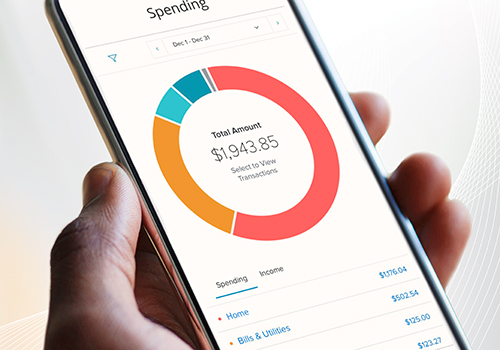A Guide to Credit

How much do you know about credit scores, how they’re calculated, and what they’re used for? Ramp up your knowledge with this helpful guide so you know what to expect next time you apply for credit.
A Brief Guide to Credit Scores
Your credit score is a very important number that is part of the package of information lenders use to decide whether or not they will lend you money or extend credit. Other factors include things like your employment history and income and their own internal scoring systems. Your score can influence your interest rate, length of loan, and even how much you can borrow.
Your credit is a record of where you work and live, how you pay your bills and whether you’ve been sued, arrested or have filed for bankruptcy. It is important to establish and maintain good credit not only for financial institutions, but for employers and landlords as well. Landlords can use your credit record to assess if you’ll be a good tenant. Likewise, employers can legally look at your credit report if you sign an authorization form when you apply for the job. Employers look at your credit record to gauge your personal integrity and financial honesty.
What’s the Score?
Your credit score is a number from 300 to 850. A higher score indicates to lenders that you are fiscally responsible and the risk of lending to you is low. An important factor to remember is that your credit score can change depending on how much available credit you have, and how much of that credit you have used. Your credit score is also dependent upon how you’ve been paying—or not paying—your debts.
There are various factors concerning your credit that determine your rating:
- Your payment history: This is comprised of your late payments and past due amounts, bankruptcies, defaults, and on-time payments.
- Your credit use: How many accounts are open in your name and your unpaid balances.
- Age of your credit accounts: How long accounts in your name have been open and your record of paying on time will impact your score.
- Types of credit you’ve used: Managing several different types of loans well — such as installment loans (car loans), revolving credit (credit cards), and mortgage loans — can impact your score positively.
- Your new accounts: While opening and using new accounts impacts your score, multiple inquiries from businesses of the same type in a short period (such as when you shop for a car loan) do not.
Establishing a good credit history
The first step in establishing good credit is to gain some experience repaying money. Repaying your debt on time is the basis for a good credit score. Here’s how to get started on the right track:
- Open a saving or a checking account at a bank.
- Apply for a credit card. There are many types of credit cards including bank credit cards (also called general use cards), retail store cards, gasoline or oil company cards (also known as private-label cards) and prepaid card options.
- Apply for a co-signed loan. If you need a loan and don’t qualify for one on your own, a co-signed loan may be the answer. In this way, a relative with an established credit rating can help you get a loan and share the responsibility. Many young people finance new or used cars with co-signed loans.
Building your credit is a learning experience, so if you need help a good place to start is by talking with your banker. Any of our knowledgeable Universal Bankers would be willing to assist you in your credit building journey.
Member FDIC. Equal Housing Lender. NMLS # All loans subject to credit approval. 







